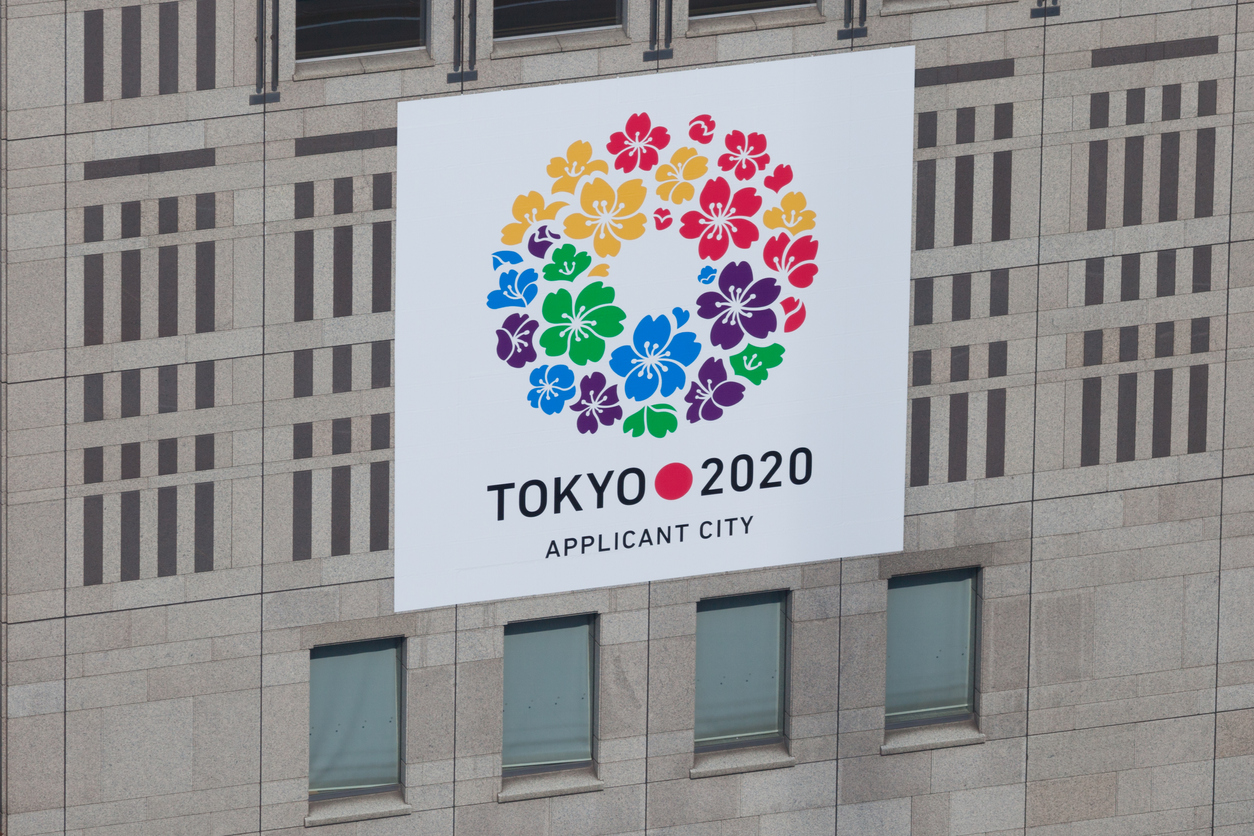
Russia banned from Olympics, Fifa World Cup for 4 years over doping
The World Anti-Doping Agency (Wada) has banned Russia from all major sporting events for four years, reports said. As per the ban, the Russian flag and anthem will not be allowed at the Tokyo 2020 Olympics and 2022 FIFA World Cup in Qatar.

The World Anti-Doping Agency (Wada) has banned Russia from all major sporting events for four years, reports said. As per the ban, the Russian flag and anthem will not be allowed at the Tokyo 2020 Olympics and 2022 FIFA World Cup in Qatar.
A spokesperson for Wada, whose executive committee is meeting in Lausanne, said, “The full list of recommendations have been unanimously accepted.”
Russia’s hosting of world championships in Olympic sports also face being stripped after the anti-doping board’s executive committee approved a full slate of recommended sanctions as punishment for state authorities tampering with a Moscow laboratory database.
However, Russian sportspersons would still be allowed to compete at the Olympics next year if they can demonstrate they were not part of what WADA believes was a state-sponsored system of doping. They will then have to take part under a neutral flag.
Still, it is unclear how the ruling will affect Russian teams taking part in world championships such as soccer’s World Cup.
Russia will be able to compete at Euro 2020, which will be hosted by St Petersburg. This because Uefa, the governing body of European football, is not listed as a ‘major event organisation’ as per the rulings on anti-doping breaches.
Russia now has 21 days to appeal against the ban.
This January, Russia’s Anti-Doping Agency (Rusada) had been declared non-compliant for falsifying data submitted to investigators. Full disclosure of data from the Moscow laboratory was a key condition of Russia’s controversial reinstatement by WADA in September 2018.
Legal fallout from the WADA ruling seems sure to dominate preparations for the Tokyo Olympics, which open on July 24.
Evidence shows that Russian authorities tampered with a Moscow laboratory database to hide hundreds of potential doping cases and falsely shift the blame onto whistleblowers, WADA investigators and the International Olympic Committee said last month.
Flagrant manipulation of the Moscow lab data was an insult to the sporting movement worldwide, the IOC said last month.
However, WADA’s inability to fully expel Russia from the Tokyo Olympics and 2022 Beijing Winter Games frustrated the doping watchdog’s vice president.
“I’m not happy with the decision we made today. But this is as far as we could go,” said Linda Helleland, a Norwegian lawmaker who serves on WADA executive committee and has long pushed for a tougher line against Russia.
“This is the biggest sports scandal the world has ever seen. I would expect now a full admission from the Russians and for them to apologize on all the pain all the athletes and sports fans have experienced,” he added.
The Rusada had been suspended for nearly three years previously over revelations of a vast state-supported doping program. In 2018 Winter Olympics, 168 Russian athletes had taken part under a neutral flag after Russia was banned at the 2014 Games in Sochi.
Handing over a clean database to WADA was a key requirement for Russia to help bring closure to a scandal that has tainted the Olympics over the last decade.
Although the IOC has called for the strongest possible sanctions, it wants those sanctions directed at Russian state authorities rather than athletes or Olympic officials.
That position was opposed by most of WADA’s athlete commission. It wanted the kind of blanket ban Russia avoided for the 2016 Rio de Janeiro Olympics and the 2018 Pyeongchang Winter Games after a state-run doping program was exposed by media and WADA investigations after Russia hosted the 2014 Olympics in Sochi.
Also read | WADA suspends National Dope Testing Lab for six months
This entire fiasco created by Russia has cheated far too many athletes of their dreams and rightful careers, for far too long, the WADA athlete panel said in a statement ahead of the meeting.
Russia previously signaled it would appeal the ruling. That must be filed by the Russian anti-doping agency, known as RUSADA. That body was declared non-compliant on Monday, 15 months after it was reinstated by WADA in defiance of athlete opposition.
The decision to appeal has been stripped from RUSADA chief executive Yuri Ganus, an independent figure criticizing Russian authorities’ conduct on the doping data issue. Authority was passed to the agency’s supervisory board after an intervention led by the Russian Olympic Committee.
The ROC on Saturday labeled the expected sanctions as illogical and inappropriate.
Russia has stuck to its claim that deceptive edits in the data were in fact made by WADA’s star witness, Grigory Rodchenkov. The former Moscow lab director’s flight into the witness protection program in the United States was the subject of an Oscar-winning documentary.
Technical reasons were claimed and debunked by WADA investigators for why the data appeared to have been edited shortly before the delayed handover in January.
(With inputs from agencies)


